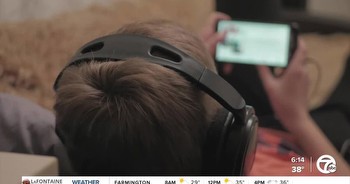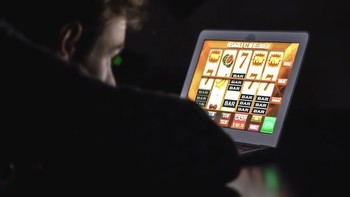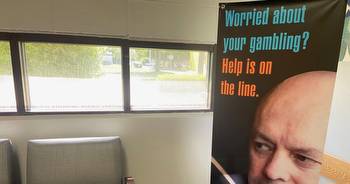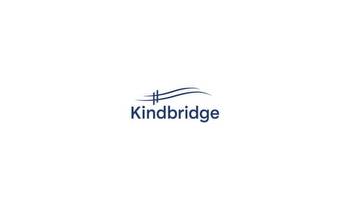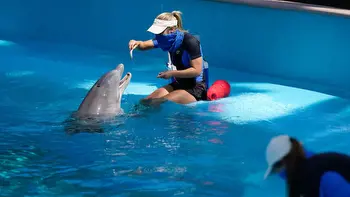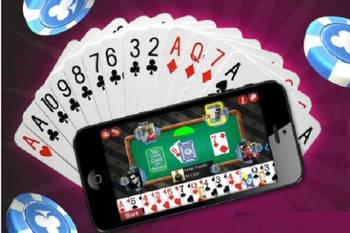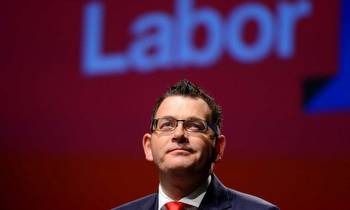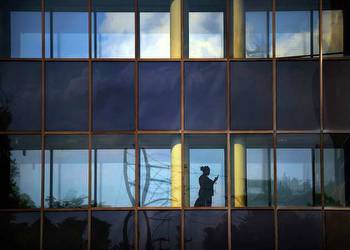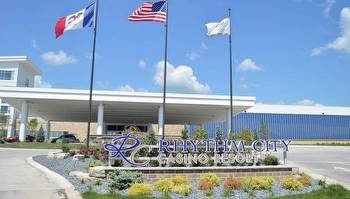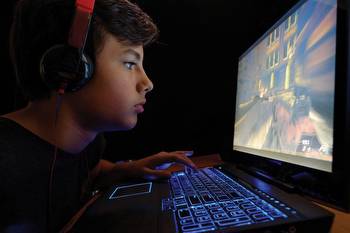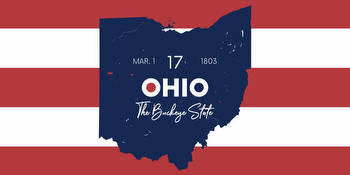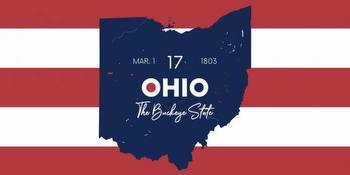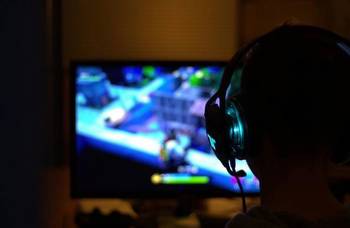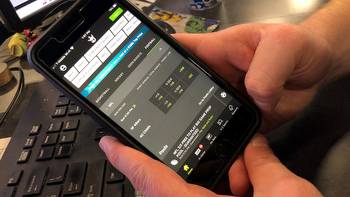Las Vegas slowly builds resources to deal with youth mental health challenges
After 21 months of unpredictable and stressful circumstances, it’s safe to say most communities across the country are promoting conversations about youth mental health and searching for methods and resources to help young people and families deal with related issues and challenges. Las Vegas certainly falls into this category.
The Born This Way Foundation, founded by Las Vegas Strip resident headliner Lady Gaga and her mother Cynthia Germanotta, was created to support the mental health of young people, with the goal of building “a kinder and braver world” through programming and partnerships. The foundation recently released the results of a two-year survey of hundreds of local young people, and the majority of respondents said mental health is a priority in their lives but they don’t believe they have access to resources to deal with issues like suicide, sexual harassment or online harassment.
“It mirrors the [information] from things we’ve done at the national level,” says the foundation’s executive director, Maya Smith. “The case no longer needs to be made that we need to dig into our resources. Young people are saying they want access.”
The online study of more than 300 young people aged 13-24 was conducted with the Benenson Strategy Group. While the Born This Way Foundation’s main office is located in New York City, Smith says Las Vegas has become an important place since Lady Gaga began her residency at Park MGM and the foundation began partnering with the Clark County School District and other local organizations.
Bridge Counseling’s new Child and Youth Community Treatment Center
Despite wanting to prioritize mental health, almost one-third of young people polled say they never or rarely have access to resources. Fewer young people say they have access to mental health resources than in 2019, and nearly half reported they rarely or never have conversations about mental health. The numbers exceed 60% within the LGBTQ+ community.
The survey found that young people in the Las Vegas area are more likely to know someone who either attempted or died of suicide (46%) than they were to know someone who died from COVID (37%). A majority of Black and LGBTQ+ youth knew more people in their community who attempted or died of suicide last year than of COVID.
“I think it’s really easy to paint this survey in a doom-and-gloom way, and it needs to be taken seriously, but there are some really hopefully pieces in the research as well,” Smith says. “Eighty percent of young people said they are comfortable taking classes that teach skills to support mental health, so there is a willingness on the part of young people to do more, learn more and take the initiative. It’s really on us to build the resources and fund the support programming.”
Last month, Bridge Counseling Associates—the oldest nonprofit counseling center in Southern Nevada and the state’s first and largest Urban Certified Community Behavioral Health Clinic—opened its new Child and Youth Community Treatment Center at its McLeod Drive campus. Supported by a $500,000 grant from Nevada Women’s Philanthropy, the facility adds six state-of-the-art children’s treatment rooms.
Bridge CEO David Robeck says the organization has always offered services for children, but Bridge has intensified its focus on helping younger people since he took over seven years ago.
Children’s Advocacy Alliance executives Tiffany Tyler-Garner and Patricia Farley wrote in a Las Vegas Sun guest column last month about a lack of available mental health services in the Vegas Valley, specifically for children. There are only two children’s mental health facilities in the Valley, they wrote, both of which are underfunded. That’s unusual for a city of this size, Robeck says.
“There are a number of good after-school programs, for example, at the YMCA and Boys & Girls Clubs, but very few have licensed clinicians to deal with mental health,” he says. “We have 50 clinicians who work for us, and that makes us unique.”
The new Bridge facility provides separate space for the treatment of children and young people up to age 17, with two rooms dedicated for different kinds of child-focused therapy. Robeck anticipates treating an additional 250 clients per year.
Las Vegas might be a unique American city, but the experts agree that local youth face similar mental challenges as their peers around the country.
“I think they’re magnified because of the kind of business we have in our community, a resort community where a lot of parents work 24/7 and may not have both parents at home at the same time,” Robeck says. “Then you have the prevalence of alcohol in our community, problem gambling and a lot of divorce. It’s not as stable as it was when I was growing up in Las Vegas, and I’ve been here since the ’50s.”
The Born This Way survey finds that young people’s experiences in Las Vegas are reflective of other communities, Smith says, but she points out that many different kinds of local organizations are taking on this challenge, and finding willing business partners and collaborators.
“What we have found is that access to megaphones for our programming has been so incredible in Las Vegas,” she says. “During our suicide prevention campaign, Please Stay, we had each of the billboards on a number of casinos on the Strip put this message on their marquees, that ‘This is the sign you’ve been looking for,’ and to ‘Please stay, you are loved.’ There is this incredible megaphone in Las Vegas because of the entertainment and all of that, and we’ve been able to tap into that.”
An award-winning writer who has been living and working in Las Vegas for more than 20 years, Brock Radke covers ...









